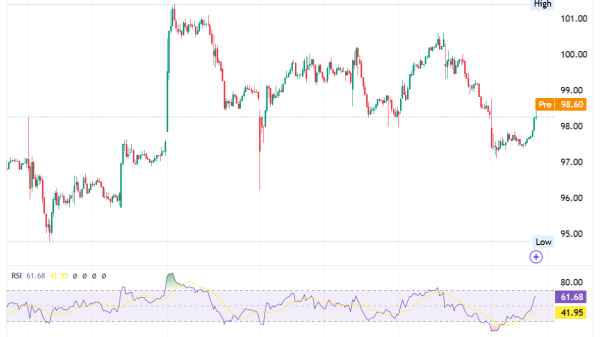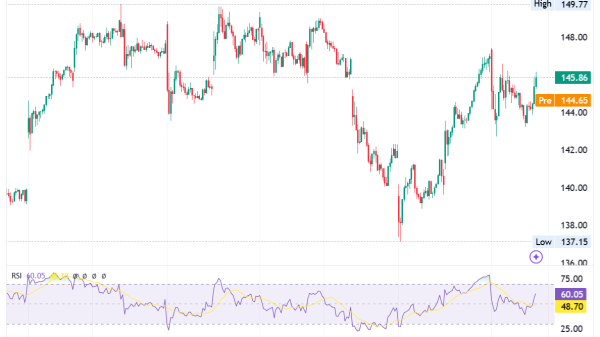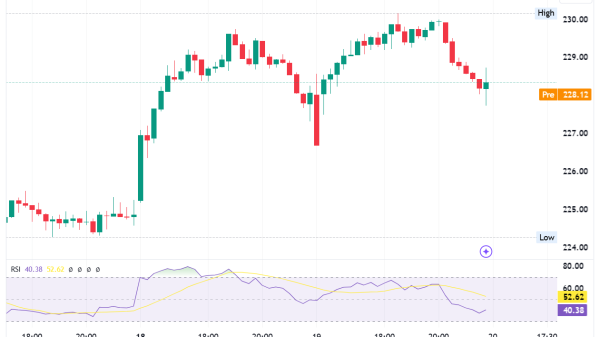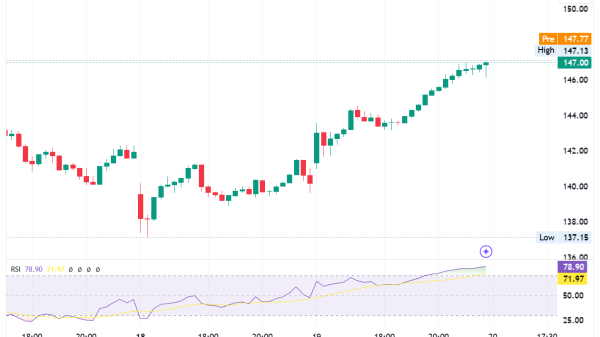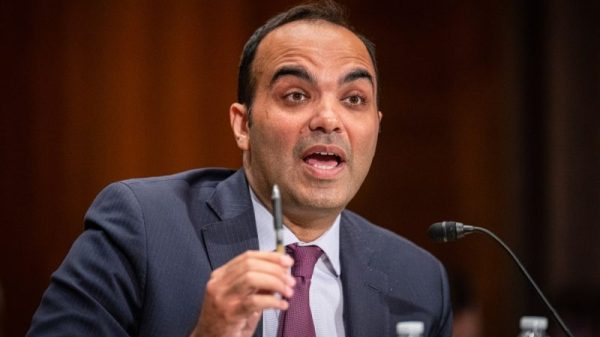An over-the-counter trader in China, Yicong Wang has allegedly laundered tens of millions in stolen cryptocurrency for the notorious Lazarus Group hacking organization behind several major crypto thefts.
On-chain analyst ZachXBT revealed that Wang laundered the stolen assets for the Lazarus Group via bank transfers since 2022.
The identity of the trader came to light when one of the ZachXBT followers reported his account froze after executing a P2P transaction with Wang.
OTC Trader Yicon Wang Linked to $17M in Stolen Crypto
In a big development regarding the world of cryptocurrency and cybersecurity, on-chain analyst ZachXBT announced on X that the accused Chinese OTC trader Yicong Wang has laundered more than $17M in stolen cryptocurrency on behalf of North Korea’s Lazarus Group since 2022,
According to prosecutors, Wang played a central role in cashing out these assets for the hackers behind a string of high-profile crypto thefts.
1/ Meet Yicong Wang (王逸聪), a Chinese OTC trader who has helped Lazarus Group convert tens of millions of stolen crypto to cash from various hacks via bank transfers since 2022. pic.twitter.com/ARcwC7r3Xr
— ZachXBT (@zachxbt) October 23, 2024
One of the addresses attributed to Yicong Wang was labeled wallet “0x501. It reconciled upwards of $17 million in cryptocurrency tied to over 25 hacks by the Lazarus Group. In November 2024, the on-chain investigator said that Tether froze $374,000 in USDt belonging to this wallet.
Wang became known as a prolific Chinese OTC trader with a record of substantial cryptocurrency transactions off mainstream exchanges. While OTC trading offers confidentiality and flexibility, it has also been in the spotlight for likely illicit activities.
Is OTC Trading a Haven for Criminals?
Yicong Wang is accused of having provided the means to launder by converting stolen cryptocurrencies into fiat money. He received the asset from the Lazarus Group, and tried to launder it through various channels to disguise its origin.
He reportedly used layered transactions. That are subsequent transactions across various platforms and wallets. He used it to further disguise the trail of the hacked asset. Moreover, some believe that Wang involved other people and entities in the scheme. That is how he further complicated the scheme in an attempt to make it more sophisticated.
These allegations have thrown the spotlight on OTC trading platforms and individual traders handling multi-million dollar cryptocurrency transactions. This could inspire regulators worldwide to work harder to monitor and regulate OTC trading to prevent these kind of situations.
The severe consequence of such high-profile accusations can be a general loss of confidence in the cryptocurrency market and in OTC trading. When investors and traders become cautious, the liquidity and volume of OTC transactions become lower.
Besides that, financial institutions and cryptocurrency exchanges also ensure Know Your Customer/KYC and Anti-Money Laundering/AML requirements to make reporting against suspicious activity further raise the compliance burden on market participants.
Lazarus Group Targets Crypto ETFs
Led by the highly notable Lazarus Group, a cybercrime organization tied to the North Korean government, some of the largest hacks in cryptocurrency history include the $600 million exploit of the Ronin bridge.
The US Treasury has been waging an ongoing war against the growing financial crimes- money laundering, tax evasion, and theft-conduct- among the most complex in nature, with structures that often require sifting through hundreds or thousands of transactions and reports to uncover the illegal act. However, this job was made far easier by incorporating Artificial Intelligence. In a recent case, AI and a data-driven approach helped officials uncover $4 billion in fraudulent activities.
Early this month, the US Federal Bureau of Investigation warned that the Lazarus Group had adopted social engineering scams. In an alert published on September 3, the FBI said North Korean malicious cyber actors were targeting workers at decentralized finance and cryptocurrency firms to steal funds through “complex and elaborate” social engineering campaigns.
According to the federal agency, the fraudsters had researched firms related to cryptocurrency-related ETFs.
The post Who Is Yicong Wang? Chinese OTC Trader Laundered $17M for Lazarus Group appeared first on CoinGape.






